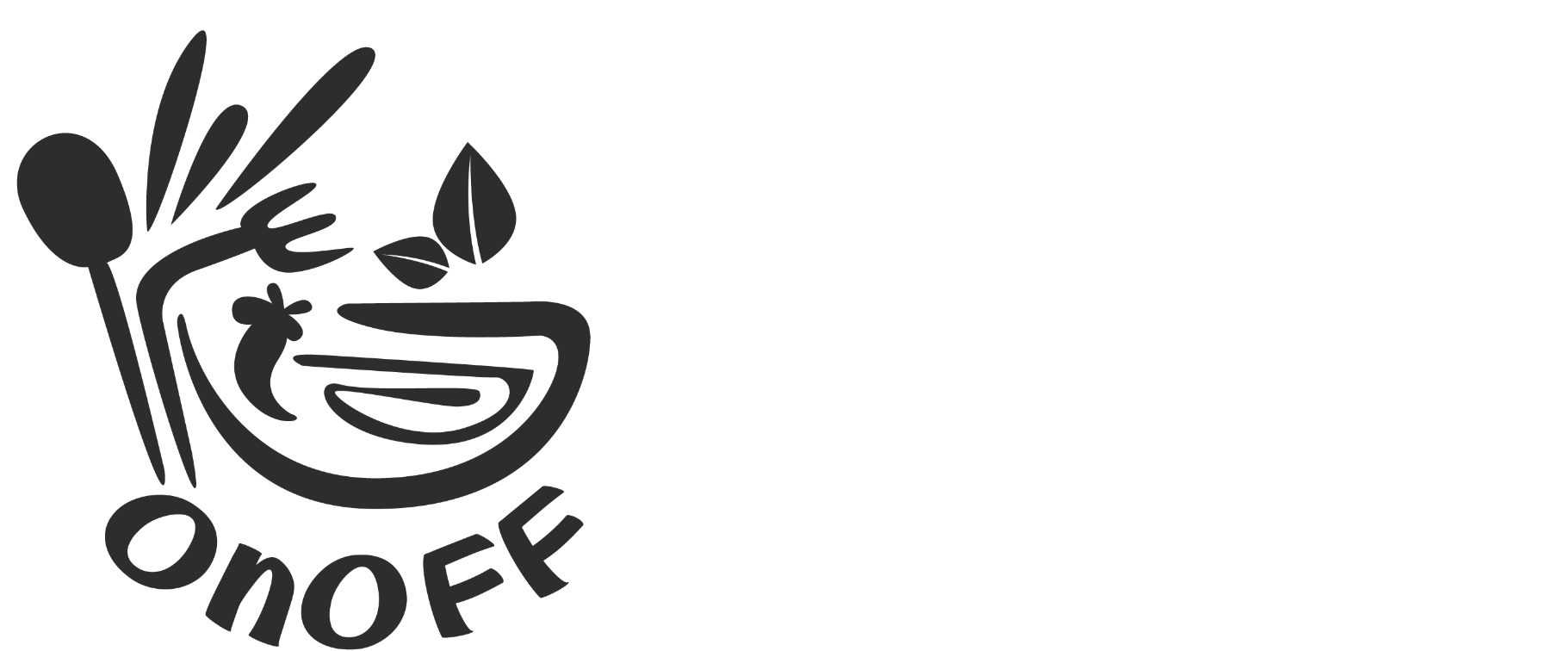Waste

For example: The Dutch can also do something about it. They threw away almost 33 kilos of edible food per person in 2016. This concerns meat, fish, dairy products, rice (from take-away meals), but mainly vegetables, fruit, bread and potatoes. Often it is prepared food, but also unprocessed products or untouched food (sometimes still completely in the packaging) goes into the garbage. This is a waste of food, and at the same time pointless destruction of money. In addition to edible food, we also throw away food scraps such as peels and bones. If we add that to the waste mountain, it grows to 62 kilos per person. This is all according to research by two Dutch ministries. They recently published the results.
Or Germany. Eleven million tons of food are thrown away in Germany every year (fruit, vegetables, bakery products, food leftovers, dairy products, etc.) This is the result of a study by the University of Stuttgart commissioned by a ministry. Everyone contributes to this waste: consumers, producers, trade and agriculture.
Does the Dutch ministries have anything good to report? Mwah, 33 kilos of wasted edible food per person is a lot, but it is -something - less than in previous years. Households may be the biggest wasters, but they're not the only ones. Food is also thrown away by farmers, processors, restaurants and supermarkets. If you count that, you end up with around 130 kilos per person.
In France, it was decided a few years ago that supermarkets are no longer allowed to destroy food. They are obliged to find a destination for the surplus food. In the Netherlands there are now supermarkets that have sought cooperation with food banks to ensure that less food is needlessly destroyed.
At Thai homes, extensive food is also served, but less is thrown away. What remains is perfect for breakfast the next day. Unfortunately, we don't know if the campaign, which was started a few years ago, is paying off. In any case, the advice is timeless and not only suitable for Thai but for everyone: Think before you order food, before you buy food and before you throw food away!
Some recommendations of the WWF:
Optimize your meat consumption: Eat less meat and give preference to organic meat and pasture or game meat produced in an animal-friendly way. Eat meat more holistically if possible. So don't just eat the breast of a chicken, but also its wings, thighs and innards
Try more vegetarian dishes: From high-protein lentils, beans and peas, which were a staple part of our grandparents' diet, to brand new dishes made with tofu, tempeh, seitan, lupine or quorn, "Prefer seasonal products: It saves energy and greenhouse gas emissions.
Avoid food waste at home, in the restaurant, on the way, because every food product is associated with a high consumption of energy, water and other raw materials as well as with emissions of pollutants and climate gases into the environment.
The best-before date (BBD) is not a deadline for throwing away food. Products with a best-before date can also be checked for their edibility after the expiry of the date printed on them without hesitation. Only in the case of perishable products with a use-by date (such as meat and fish) should the printed date be observed.
Shop according to plan: Before you go shopping, check your food requirements, make a shopping list and it is best not to go shopping on an empty stomach.


